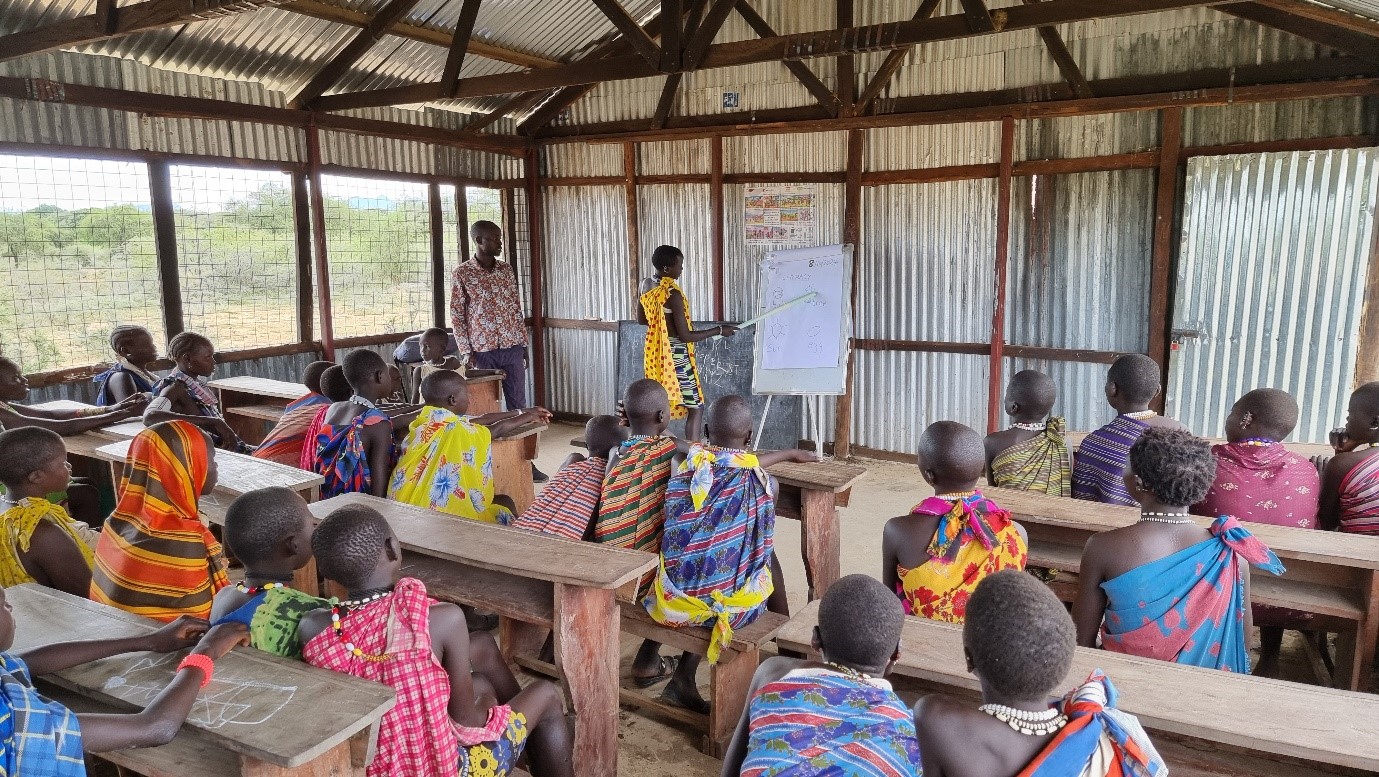
South Sudan's pastoralists live a complicated life in a harsh environment, dealing with water scarcity and climatic challenges in remote, inaccessible areas prone to conflict, vulnerability, and critical food insecurity. Despite the climate crisis, these communities adapt and maintain their way of life.
The Multi-Year Resilience Program (MYRP) in South Sudan, initiated in May 2023, is spearheaded by Save the Children International (SCI) and executed through a consortium including the Norwegian Refugee Council (NRC), Finn Church Aid (FCA), Plan International, World Vision International (WVI), Light for the World, and UNESCO. The program aims to benefit 135,000 vulnerable children across fourteen prioritized counties. By combining the unique strengths of each partner, the consortium delivers a comprehensive program addressing five key areas: ensuring safe and equitable access to education, enhancing teaching and learning quality, promoting inclusivity, and building a more resilient education system.
Through AVSI Foundation South Sudan, the MYRP has established a community girls' school in Kapoeta North to promote inclusive and equitable access to education. The program focuses on literacy, numeracy, and life skills to foster community learning and personal growth. The project has provided over one hundred community girls with equipped classrooms, learning materials such as pens, pencils, and exercise books, along with support materials like soaps and dignity kits.
Lokayi Louis, one of the teachers at the community girls' school, says, This community school has helped reduce the rate of early child marriages, and forced marriage in the community because girls are no longer exposed to traditional social practices; they are more focused on education.
He adds that some parents have realized the importance of education for girls, noting that the students have benefited significantly and can now write and speak in English.
Pastoralist children, particularly in semi-arid environments, face numerous obstacles in accessing inclusive, equitable, and quality education. Their migratory lifestyle poses substantial challenges as it conflicts with traditional school structures, making regular attendance difficult. Their location in geographically isolated places, combined with limited infrastructure and minimal government investment, contributes to their marginalization within the formal education system.
Marino one of the PTA of CGS, explains, the general community of Lokwamor are extremely happy about the CGS and comes next year 2025 I will bring my two daughters to this school. He added that,
The school must continue for the learners to acquire more knowledge and PTA of CGS should sit down and agree for girls to be taught during morning time rather than in the afternoon.
He also urged AVSI in collaboration with County Education Department to recruit committed teachers and paid incentives on time.
On the other hand, Lokaale a female PTA member, said she feels good about the establishment of the school, this will bring good future for our young girls and to the entire community as well.
She added that, for better learning, there is need to provide food and water in the school to encourage the learners to come to school every day and motivate those who have performed well to boarding school.
Elia one of the parents said, there is need for a chain link fence to be constructed in the school to protect girls to study in a safe and conducive environment .and to renovate the CGS class because the termites have destroyed the timbers of which it might fall any time and is dangerous for learners.
Lucia a14 year old girl at CGS, said, I feels happy about the CGS program, I have acquired knowledge on literacy and numeracy being taught by our teachers, I want to continue with my studies and become a nurse in future.
It is good to come to school because it is building us for a better future, I want to become a pilot when I finished my studies. Said Adele one of the learners at CGS. She added thanks to AVSI for supporting us with dignity kits, exercise books, pen, pencils and soaps.
Socio-economic inequalities and poor educational infrastructure prevalent in pastoralist societies often result in children, particularly girls, being forced into early marriage or engaging in labour-intensive activities instead of attending school. This perpetuates the cycle of poverty and denies them access to quality education.